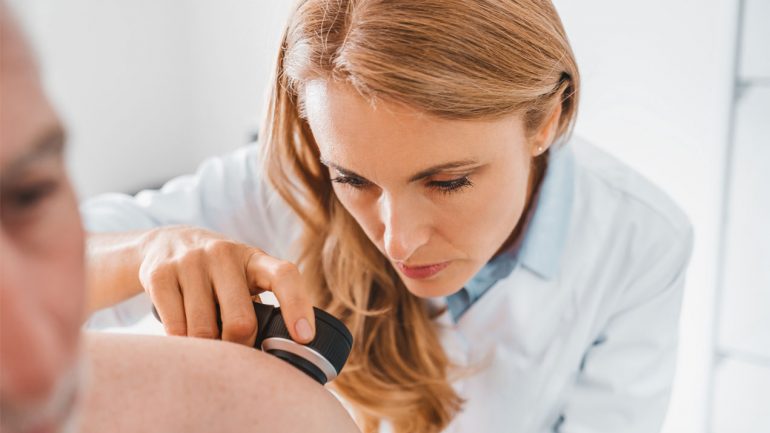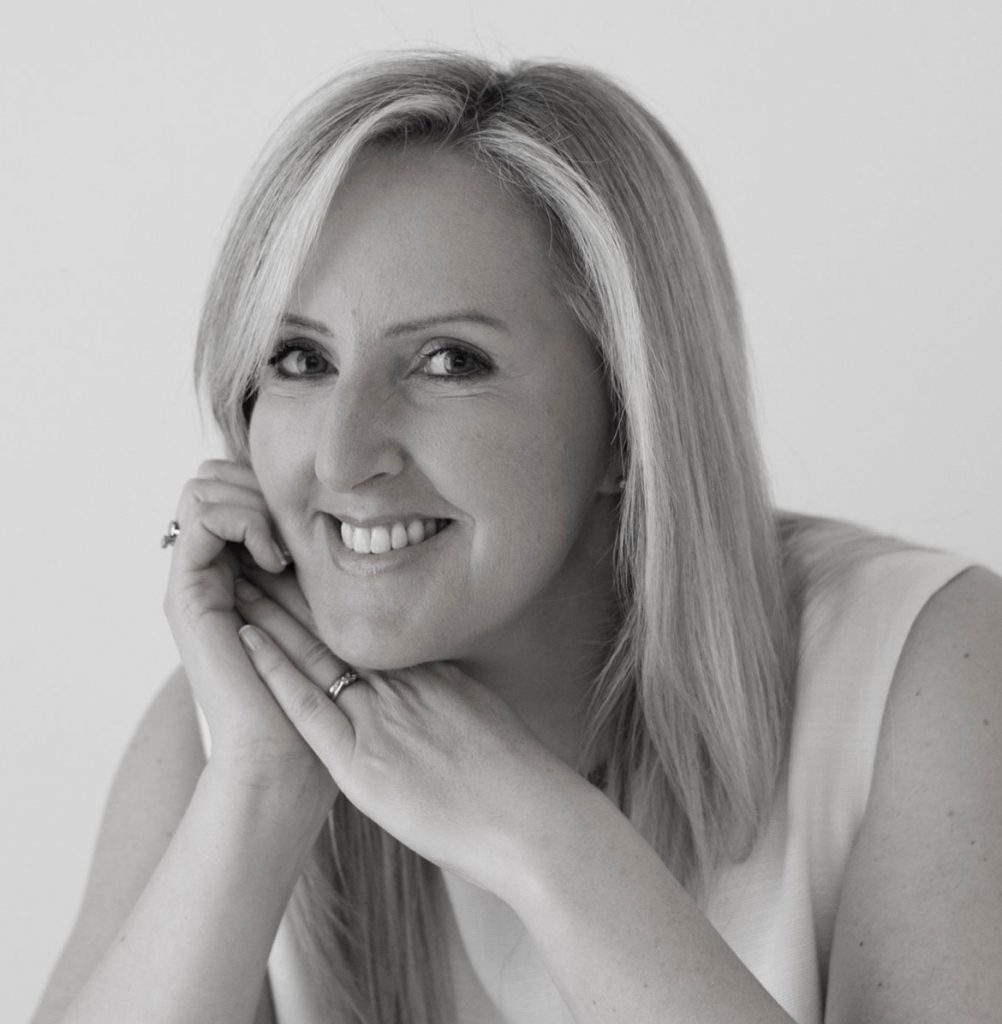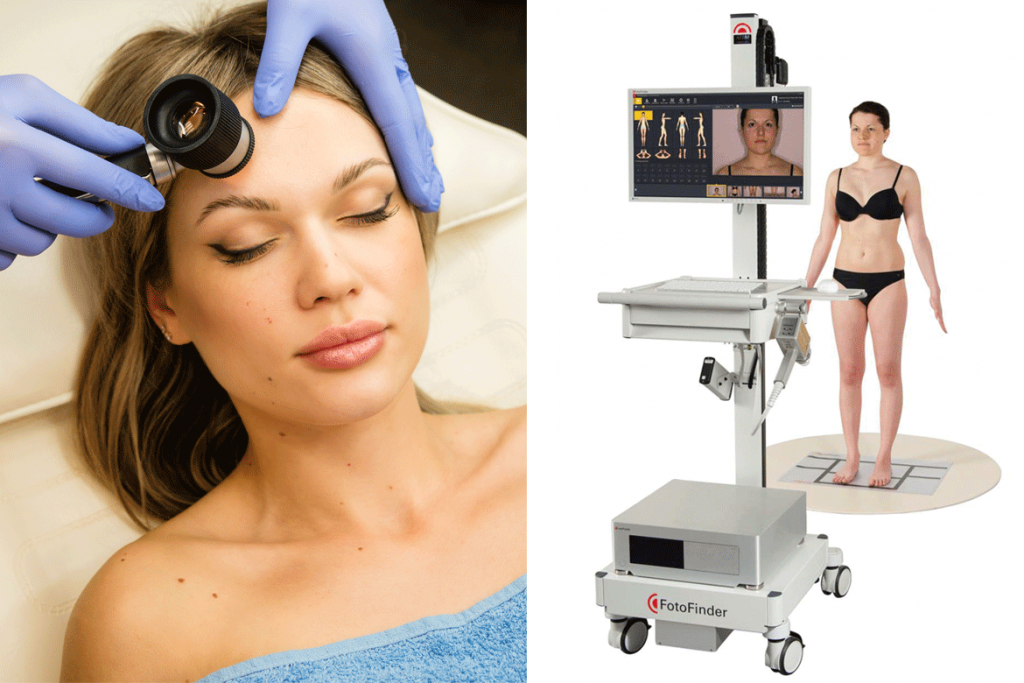We talk to Dr Helen Robertshaw, Consultant Dermatologist and owner of Southface Dermatology Clinic to find out more about what their business offers and what drives them to succeed.
Dr Helen Robertshaw; Bachelor of Science (Honours) Human Biology. Bachelor of Medicine and Bachelor of Surgery, Fellow of the Royal College of Physicians. Member of the British Association of Dermatologists (BAD), Member of the British Association of Dermatological Surgery (BSDS), Member of the British Association of Cosmetic Dermatologists, Fellow of the Royal College of Physicians.
Where did it all begin?
I do not come from a medical family, I was born in Liverpool and went to the local comprehensive school. I worked in a Convent/Nursing home as a teenager and became interested in healthcare.
I am very determined and resilient and spent nine years at university (King’s College London). I did a degree before Medicine in Human Biology but always wanted to study Medicine. After postgraduate exams as a junior doctor I was successful in getting a dermatology training post, which was a further five years.
I have been working now in dermatology for over 25 years. I have worked in London, Portsmouth, Southampton and gained my Consultant post in 2005 at Royal Bournemouth Hospital. For many years I led the skin cancer service and in 2010, I opened Southface Dermatology. I continue to work in the NHS providing advanced surgery for skin cancer.
What has been your greatest achievement to date?
Bringing up 3 intelligent, kind, funny kids who I’m very proud of is my greatest achievement whilst at the same time pursuing my medical career. I am proud to be a dermatology surgeon and Mohs surgeon, as we have to be able to reconstruct large facial defects. Mohs surgery is a way to accurately remove skin cancers and check the pathology results as we go. I developed the NHS Mohs service in 2009. I also enjoy training colleagues in advanced skin surgery.
What makes Southface Dermatology stand out against other clinics?
Consultant Dermatologists are a rare breed and we have two working in the clinic as well as two other dermatology specialists working at consultant level. We are the experts in our field and direct and lead
local healthcare.
The clinic has grown rapidly in size and reputation and we are the main private dermatology clinic in the region. Our services are of the highest quality and we have a great team of highly skilled clinicians, including a skin cancer nurse specialist.
What are your plans for 2024?
Next year we are providing more clinics with two clinicians starting to add to our team of 20! We have new services planned for acne and allergy for 2024 so watch this space! We will continue to offer our skin cancer services, which are the best available in the area.
Our mole mapping service is very popular and we will be expanding this clinic in 2024 and we also are the only private clinic in the region offering photodynamic therapy (PDT) a skin cancer treatment, which is a novel way to treat skin cancer and precancerous lesions without surgery.
I am pleased to see how many young people now come on a regular basis for mole and skin checks on an annual basis. Many people see it rightly as an essential part of their own healthcare.
What treatments do you offer?
At Southface we offer a range of dermatology, laser treatments, skin surgery and cosmetic treatments. Dermatology treatments include; acne and rosacea treatments, cryotherapy, skin cancer screening, scarring treatments and more.
Our cosmetic treatments include anti-wrinkle treatments and dermal fillers and our laser treatments include laser hair removal and thread vein removal. Skin surgery at Southface Skin Clinic includes MOHS surgery, mole removal and dermatological surgery.
What is your most popular treatment?
Our most popular treatments are our mole mapping service and PDT. PDT utilises a chemical reaction activated by light energy from the sun to selectively treat various skin conditions. At this clinic it is used to treat solar damage, actinic keratosis and some early skin cancers.
It works by applying a cream/lotion – either 5-aminolevulinic acid (5-ALA) to the skin. The damaged and abnormal cells take up the 5-ALA and when activated by sunlight produce oxygen free radicals which destroy damaged cells. PDT can be used on any part of the face or body.
I am passionate about skincare and skin products. I believe that all skin can be improved and that most people do not get the right advice on skincare.
CONTACT
T. 01202 772205
BOURNEMOUTH: 63 Lansdowne Road, Bournemouth, BH1 1RW
CHRISTCHURCH: 1 Avenue Road, Christchurch BH23 2BU




Leave a Reply